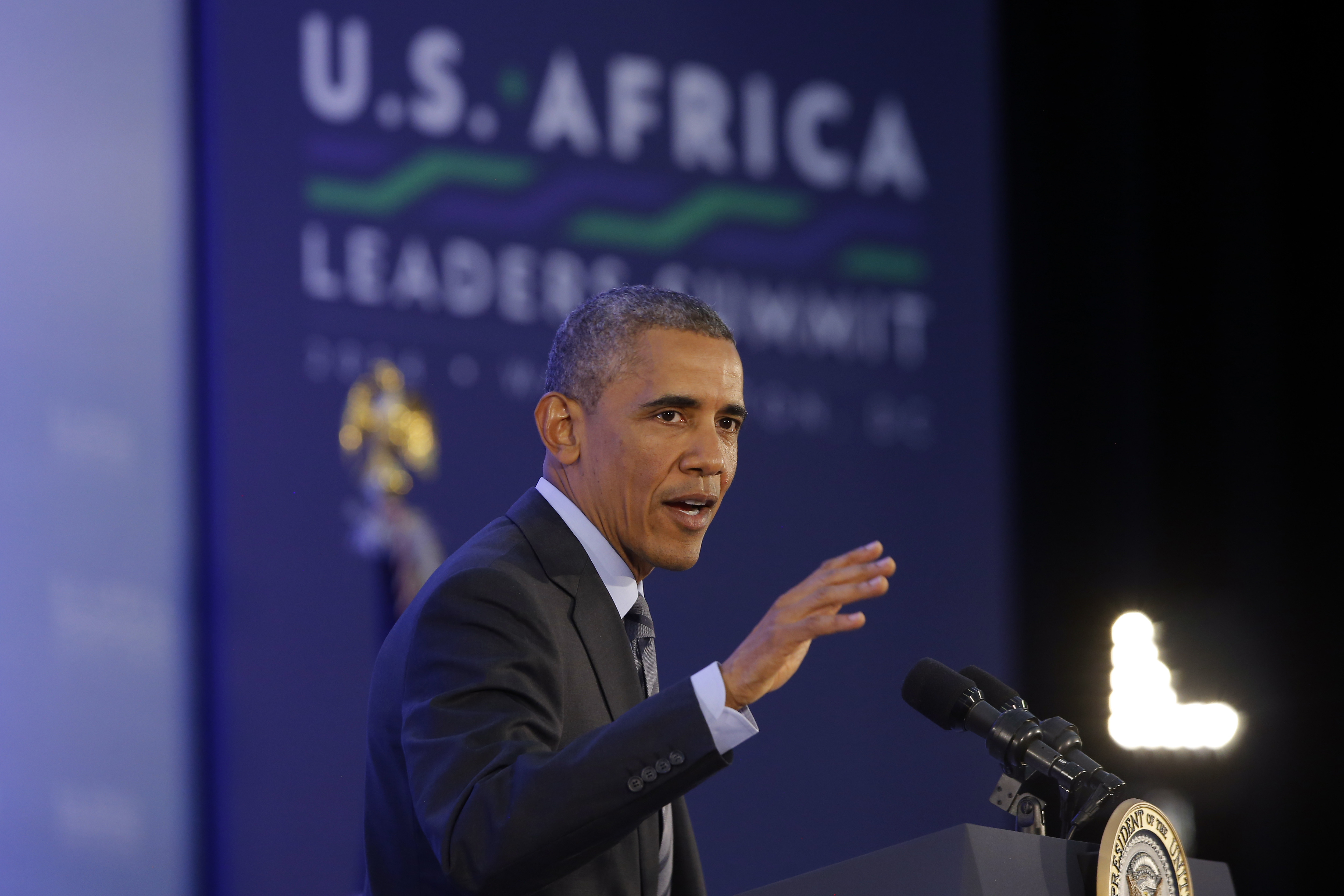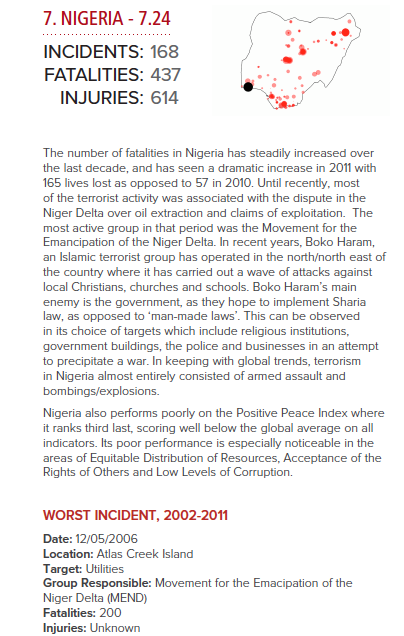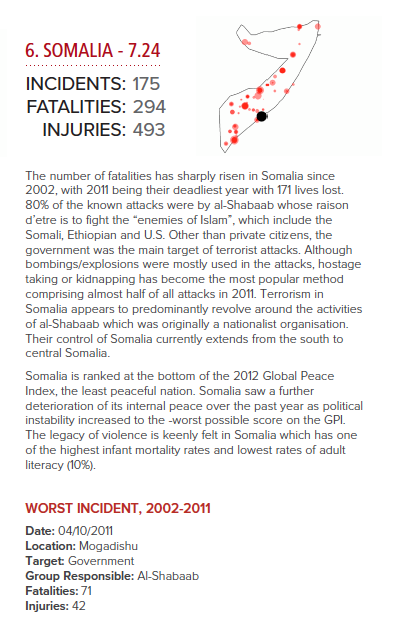Is America Overly Paranoid About Terrorism in Africa?
Does Fear Hinder Economic Partnerships?

Is America Overly Paranoid About Terrorism in Africa?
Does Fear Hinder Economic Partnerships?
In the last blog entry, I talked to Ambassador Vicki Huddleston who suggested that America should focus on training and supporting African forces so they can battle extremists in the Sahel. In the wake of the Boston bombings, questions have arisen about immigration and the process of assimilation in the United States. We’re all trying to understand what causes radicalizations of certain individuals and small subsectors of the population. But hand-in-hand it is also important to discuss the threat of terrorism and how that plays into U.S. foreign policy. In today’s blog entry, I would like to share a conversation I had with several security experts during a conference at the University of South Florida-St. Petersburg.
Part II: Security and Economic Partnerships in Africa
Not all diplomats believe that fighting terrorism is what the U.S. should spend most of its time doing in Africa. Dennis Jett, a former career diplomat and a founding faculty member and professor of international affairs of the School of International Affairs at Pennsylvania State University, echoed a sentiment shared by Micah Zenko, a fellow in the Center for Preventive Action at the Council on Foreign Relations, suggesting that Americans face more danger inside their own home (falling furniture, slipping in the shower, etc.) than they do from terrorism abroad. Sentiments might be shifting after the recent Boston bombings, but Jett believes that terrorism from Africa is something that shouldn’t scare the U.S. I spoke to him shortly after his presentation and asked if the U.S. should spend more energy building economic partnerships instead of spending millions in security efforts. Here is what he had to say:
Other reports paint a less optimistic picture including a study by the Institute for Economics & Peace (IEP) the GTI with its terrorism index in 2012. It suggests that globally, the number of terrorist incidents have increased since 9/11. In Africa, most highlighted areas for such activity are Northern Africa and in places like Somalia and Nigeria. You can find the Global terrorism interactive map here.
“ report via ReliefWeb: The number of terrorist incidents has increased virtually every year since 9/11 according to the Global Terrorism Index (GTI). However, terrorism fatalities have fallen by 25% since 2007, which coincides with the wind down of the Iraq war. Despite this, Iraq was still the country most likely to suffer from terrorism in 2011. During the last decade, the Middle East and North Africa region has seen the highest number of fatalities due to terrorism, closely followed by Asia Pacific.”
The world has seen quite clearly the consequences of what happens when terror groups are allowed to entrench themselves and use a territory as an area of operation to launch attacks. Northern Mali is an example of this which spawned numerous attacks including the brutal attack at the In Amenas oil facility in southern Algeria. Somalia which became stabilized and spawned terror attacks and the scourge of piracy is also an example of this phenomenon.
So how can interested investors focus on business partnerships without worrying about terror? Ed Fugit, a retired Senior Foreign Service Officer, spoke about the economic growth opportunities in Africa by looking at two of its biggest economic engines, Nigeria and South Africa. However, he said that unless there is a macro-level improvement of institutions such as judiciary, transparency and so on, it will be hard to realize the full economic potential of Africa. Fugit also spoke of the economic relationships China is building with various countries in Africa. A recent report shows that China is making a bid to win-hearts-and-minds of Africans with a whopping $75 billion spent on projects in Africa since 2000.
In a one-on-one interview shortly after his presentation, I asked him what he thinks about the role of China and how that compares with what U.S. companies are trying to do.












